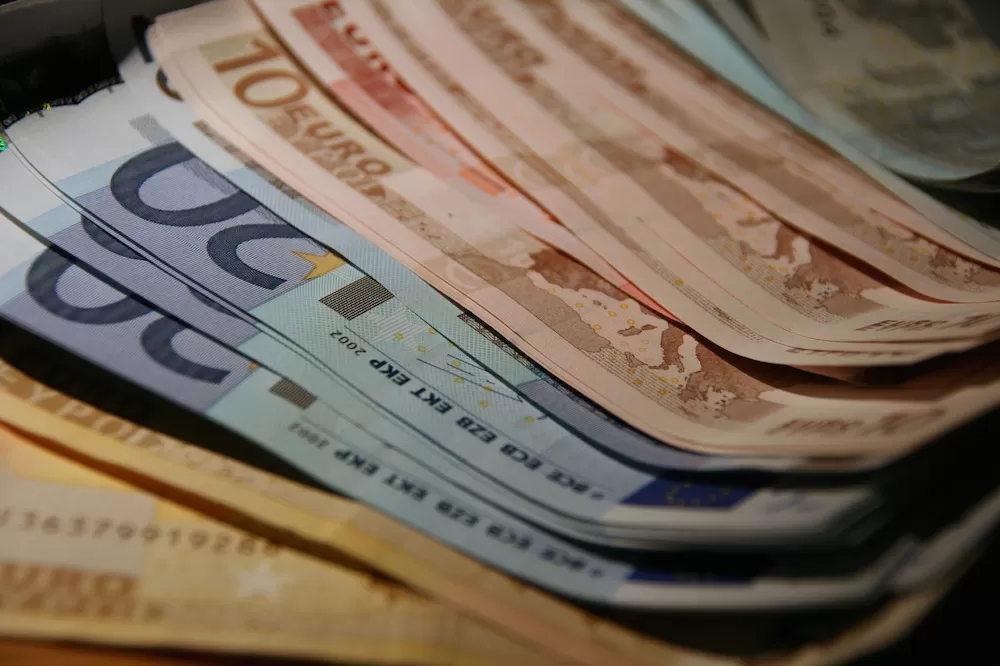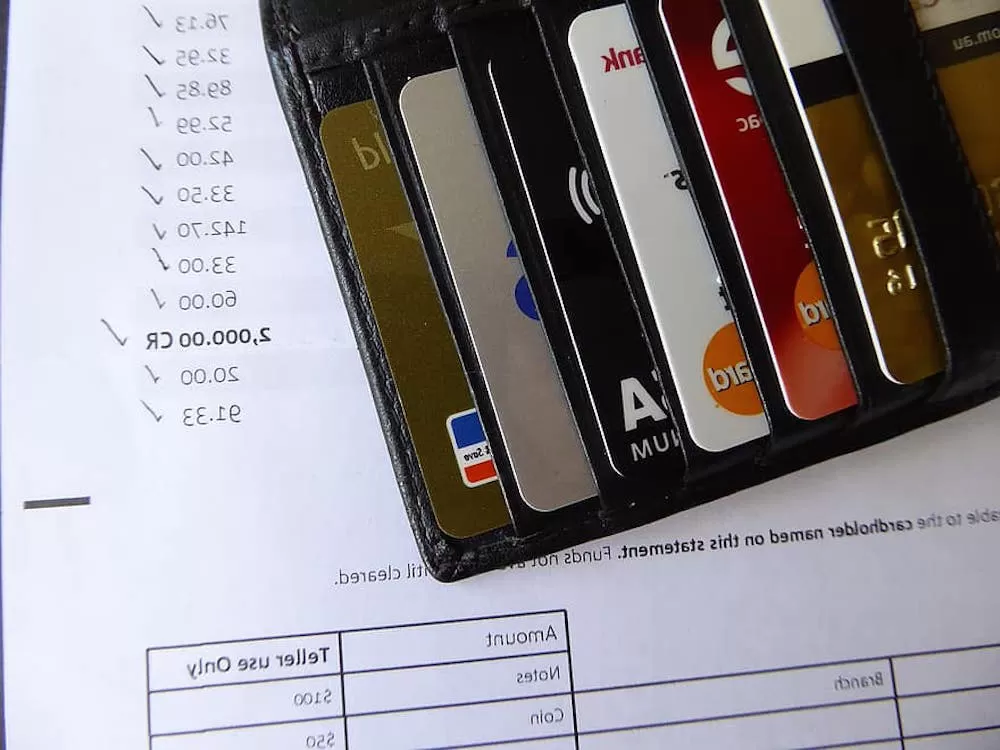
The good news is, here in Ireland, you can set up your own bank account as a non-resident. Unlike in paying taxes or getting access to the country's healthcare system, you don't have to become an official citizen or legal resident of the country in order to open your local bank account. All you have to do is go to a bank, inquire about the process, submit your required documents, and wait for their approval. It's as easy and as simple as that. And thanks to international money transfers, you can easily get your money from this local account to your own home country account when you go back home.
Since getting to open an account as a non-resident is the good news, the bad news, however, is that you can't do so remotely. For most of the process, you need to bephysically in the local Irish bank to set up your account. This means you can't do it online before traveling to Ireland in the hopes that it will all be set up once you get there. Though, what you can do remotely is to start the process. Download the application form, fill it up, and mail it to the bank along with your required documents.

As for the documents themselves, they must include your valid passport, another valid ID, and proof of address. For your valid ID, you can simply use your driver's license or, if you're an EU citizen, your national identity card. As for your proof of address, a recent utility bill, a bank statement, or a letter issued to you by the government will do. And since you're allowed to open an Irish bank account as a non-resident, you can still use your address in your home country as part of your required documents. Though it's better to double-check with your chosen Irish bank first.
It's important that you know that you'll be facing a number of banking fees here in Ireland. Irish banks usually issue a maintenance fee, which is charged every month or every three months (quarterly). The amount varies from bank to bank and you can normally avoid this by ensuring that your account is never empty for a certain period of time. Some banks also impose fees for normal transactions, such as ATM withdrawals, debit card payments, and even over-the-counter transactions. And finally, transferring money from your local Irish account to any international account will get charged as well. Again, the amount varies from bank to bank.
Now, in terms of which bank you should pick, there are a handful that would suit you as a foreign visitor or expat. The Bank of Ireland, for instance, is the oldest and largest in the country. It has the biggest number of branches and ATM machines here as well, ensuring that there's probably one near wherever you're staying. Ulster Bank, on the other hand, has a cheap maintenance fee of just €4.00 a month. And when you exceed the threshold of keeping €3,000.00 inside your account, the fee will be waived. Furthermore, both banks have their own online platforms.

One of the first things you should do when you move to Ireland is to set up your own local bank account. You're already allowed to do so, and if you don't, you won't be able to manage your finances properly here.
How can you ever save up to get a luxurious Irish home here if you don't have a local bank account? This should convince you to open up one now!